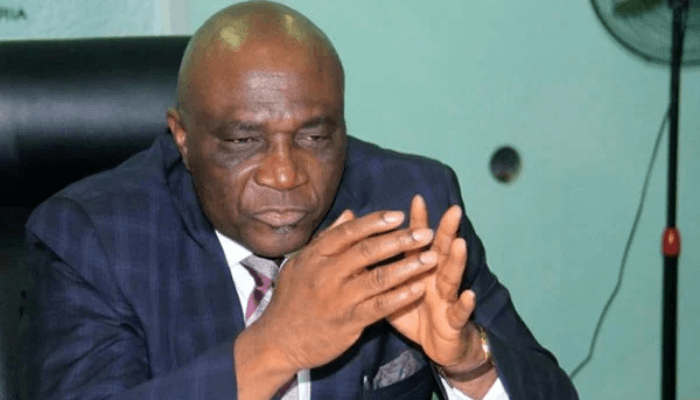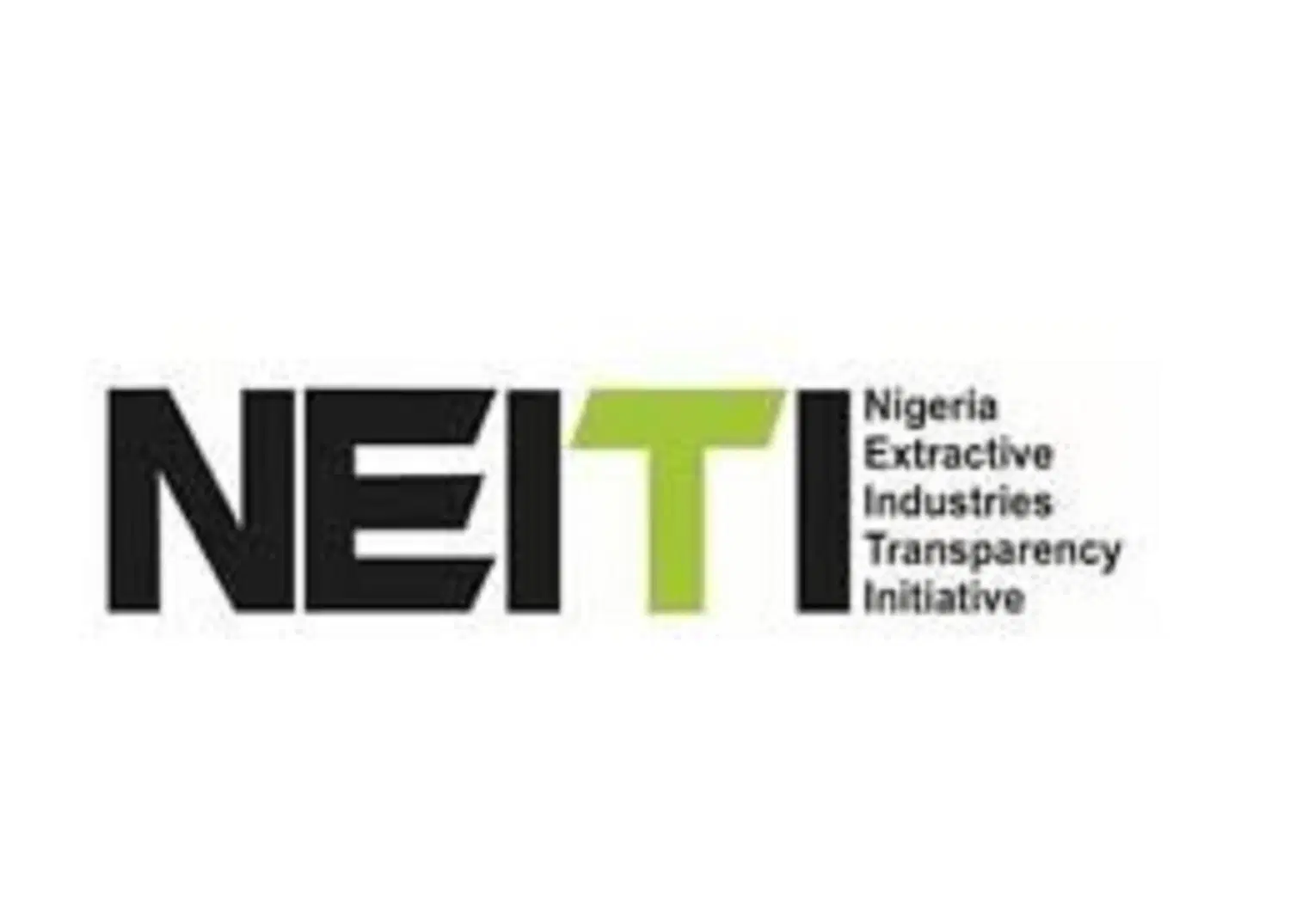The newly appointed Minister of Industry, Trade, and Investment, Jumoke Oduwole, has pledged to leverage the African Continental Free Trade Agreement to maximize benefits for the country.
This was disclosed by the Minister after assuming duties on Monday, following her swearing-in by President Bola Tinubu at the Presidential Villa in Abuja, according to The Punch.
Oduwole emphasized the commitment to optimally utilizing the agreement, which aims to enhance intra-African trade and investment opportunities.
In her address, Oduwole acknowledged concerns raised by international businesses at the Lagos International Trade Fair 2024, who pointed to Nigeria’s ongoing challenges in fully realizing the potential of the AfCFTA.
Exhibitors highlighted border inefficiencies as a major obstacle to seamless cross-border trade, which has hindered Nigeria’s ability to capitalize on the benefits of the agreement.
The Minister stressed the urgent need to review and reverse Nigeria’s trade policies to stimulate economic growth and create competitive job opportunities, particularly for the country’s growing youth population.
“The time has come for Nigeria to reverse her trade policies to create competitive jobs for our teeming youths,” she stated.
A statement by the FMITI Director of Press and Public Relations, Adebayo Thomas, further quoted the minister as saying, “Expectations are high for change, and as a human collaborator, I will ensure that such expectations are met in this sector.
“What gets measured is what gets done. We will systematically ensure periodic performance appraisals to ensure that targets are met. We will also ensure that the African Continental Free Trade Agreement would be utilised optimally to benefit Nigeria.”
The African Continental Free Trade Area is the largest free-trade area in terms of both geographic size and population, with 43 member states and 11 signatories.
It ranks second in terms of the number of member states, just behind the World Trade Organization.
The agreement aims to enhance intra-Africa trade by reducing tariffs and facilitating the movement of goods and services across borders.
However, international businesses have raised concerns that Nigeria is facing significant challenges in fully realizing the potential of the AfCFTA.
These issues, particularly inefficiencies at borders, have continued to hamper smooth cross-border trade, limiting Nigeria’s ability to benefit from the opportunities the agreement offers.
Exhibitors at the LITF 2024, organised by the Lagos Chamber of Commerce and Industry in Lagos, further stated that Nigeria’s currency devaluation negatively impacts the profitability of trans-African trade.
The Chief Executive Officer of Charis Excel Ventures, Asantewa Dotcher, noted the recurring customs delays her company has experienced when transporting products from Ghana to Nigeria.
Dotcher, whose business specializes in organic hair and skin products, shared that this year was the first time her goods cleared Nigerian customs before the start of the Lagos International Trade Fair, marking a notable improvement after years of persistent delays.
However, she pointed out that the inconsistency with the Nigerian Customs Service highlighted a broader issue: the lack of tangible impact of the AfCFTA on the ground.
“We are not seeing the effects of the AfCFTA at the borders,” Dotcher asserted.
“All we know is that the border customs don’t understand the AfCFTA policy. They understand money. You need to pay money before you can get the goods.”
Oduwole cited several key reforms aimed at addressing the challenges faced by Nigerian businesses and boosting the country’s participation in the African Continental Free Trade Area.











